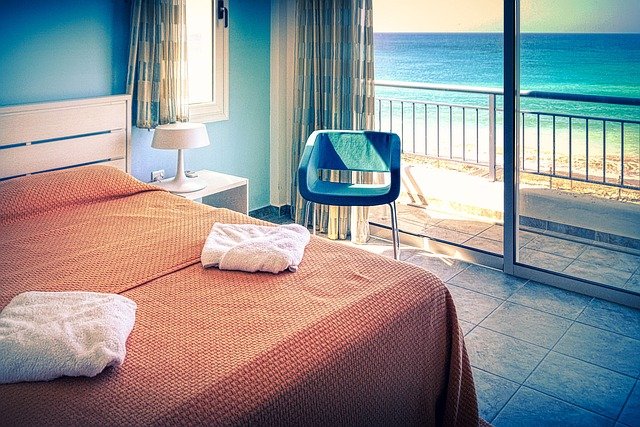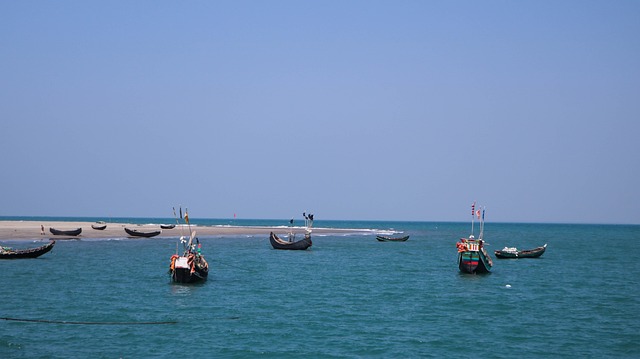Floating Hotels: The Ultimate Aquatic Escape
Experience the tranquility of water combined with the luxury of a hotel stay. Floating hotels, a burgeoning trend in the hospitality industry, offer travelers a unique way to immerse themselves in aquatic environments without compromising on comfort. From serene lakes to bustling urban waterways, these innovative accommodations are redefining the concept of waterfront properties and providing guests with unforgettable experiences.

Architectural Marvels on Water
Floating hotels come in various forms, from converted river barges to purpose-built structures. Architects and designers face unique challenges when creating these aquatic havens, balancing aesthetics with functionality and environmental considerations. Many floating hotels incorporate sustainable design elements, such as solar panels and water recycling systems, to minimize their ecological impact.
Destinations Embracing the Floating Hotel Trend
Coastal cities and lakeside destinations are increasingly embracing floating hotels as a way to expand their accommodation options without encroaching on limited land space. Amsterdam, for instance, has seen a surge in floating hotel developments along its iconic canals. In Dubai, the Seahorse Floating Hotel project aims to create a series of underwater rooms with panoramic views of marine life.
The Guest Experience: More Than Just a Room with a View
Staying in a floating hotel offers guests a multisensory experience that goes beyond traditional accommodations. The gentle rocking motion, the sound of lapping waves, and the ever-changing scenery create a sense of tranquility and connection with nature. Many floating hotels also offer unique activities, such as kayaking, fishing, or stargazing directly from guest rooms.
Challenges and Considerations
While floating hotels present exciting opportunities, they also come with unique challenges. Operators must navigate complex regulations regarding water rights and environmental protection. Maintenance can be more demanding due to constant exposure to water and weather elements. Additionally, ensuring guest safety and comfort in various weather conditions requires specialized planning and infrastructure.
Navigating the World of Floating Hotels
• Choose your location wisely: Some floating hotels are stationary, while others move along rivers or coastlines.
• Pack light: Many floating accommodations have limited storage space.
• Check the weather: Conditions on water can change quickly, affecting your experience.
• Be prepared for motion: If you’re prone to seasickness, consider medication or choosing a more stable option.
• Respect the environment: Many floating hotels are in sensitive ecosystems, so follow all guidelines to minimize your impact.
The Future of Aquatic Accommodations
As travelers seek more unique and immersive experiences, floating hotels are poised to become an increasingly popular option. With advancements in sustainable technology and design, these aquatic retreats offer a glimpse into the future of hospitality – one where the boundaries between land and water blur, creating unforgettable stays that harmonize with their natural surroundings. Whether you’re looking for a peaceful escape or an adventure on the water, floating hotels provide a fresh perspective on travel accommodations.





